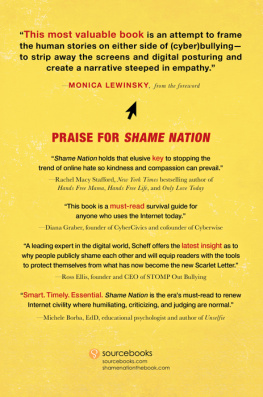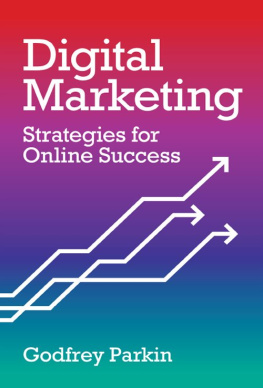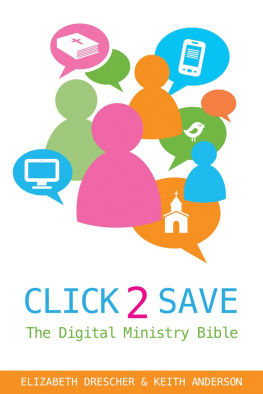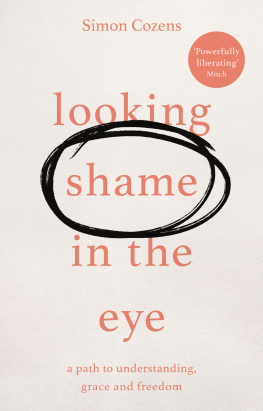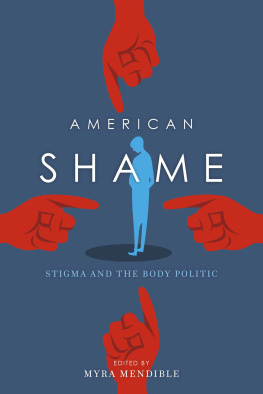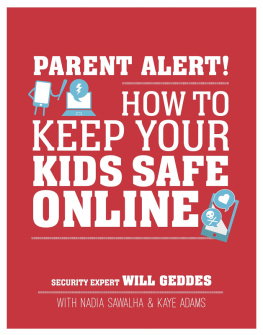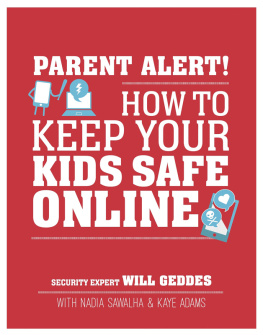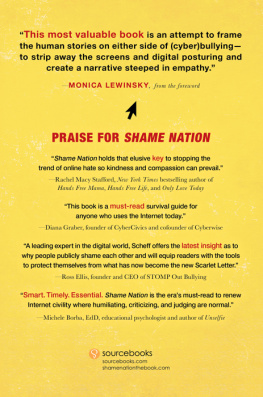Copyright 2017 by Sue Scheff and Melissa Schorr
Cover and internal design 2017 by Sourcebooks, Inc.
Cover design by Heather Morris/Sourcebooks, Inc.
Cover images/illustrations Alted Studio/Shutterstock
Sourcebooks and the colophon are registered trademarks of Sourcebooks, Inc.
All rights reserved. No part of this book may be reproduced in any form or by any electronic or mechanical means including information storage and retrieval systemsexcept in the case of brief quotations embodied in critical articles or reviewswithout permission in writing from its publisher, Sourcebooks, Inc.
This publication is designed to provide accurate and authoritative information in regard to the subject matter covered. It is sold with the understanding that the publisher is not engaged in rendering legal, accounting, or other professional service. If legal advice or other expert assistance is required, the services of a competent professional person should be sought. From a Declaration of Principles Jointly Adopted by a Committee of the American Bar Association and a Committee of Publishers and Associations
The vignettes in this book are both composite and actual stories of individuals and couples. In some cases, names have been changed for purposes of anonymity.
All brand names and product names used in this book are trademarks, registered trademarks, or trade names of their respective holders. Sourcebooks, Inc., is not associated with any product or vendor in this book.
Published by Sourcebooks, Inc.
P.O. Box 4410, Naperville, Illinois 60567-4410
(630) 961-3900
Fax: (630) 961-2168
www.sourcebooks.com
Library of Congress Cataloging-in-Publication Data
Names: Scheff, Sue, author. | Schorr, Melissa, author.
Title: Shame nation : the global epidemic of online hate / Sue Scheff, with Melissa Schorr.
Description: Naperville, Illinois : Sourcebooks, [2017] | Includes bibliographical references and index.
Identifiers: LCCN 2017013493 | (hardcover : alk. paper)
Subjects: LCSH: Cyberbullying. | Shame--Social aspects. | Humiliation. | Online hate speech. | Internet--Moral and ethical aspects.
Classification: LCC HV6773.15.C92 S355 2017 | DDC 302.34/302854678--dc23 LC record available at https://lccn.loc.gov/2017013493
To my children, Ashlyn and Scott, my grandchildren, Julia
and Jordan, and my parents, Robert and Maureen.
CONTENTS
By Monica Lewinsky
The Click: What Is Digital Shaming?
FOREWORD
BY MONICA LEWINSKY
If you picked up this book, you are already aware of the sweeping digital landscape of the Internet littered with harassment and the trolls who infuse online discourse with aggressive shaming and bullying. Targets can be as small as personal attacks on Facebook pages to the explosion of political trolls tweets who seemed to highjack our political process in the 2016 election.
In Shame Nation , author Sue Scheff addresses this onslaught of public shaming by assessing the problem, sharing her own experiences with online shaming and advocating for a better, safer Internet. She recommends available resources for assistance as well as very helpful suggestions for overcoming the pain and humiliation of cybershaming. And Scheff details the heartening changes in the legal sphere where online harassment and cyberstalking are finally beginning to develop remedies for victims and consequences for perpetrators.
Shame Nation presents a road map of harassment on the Internet: why people harass others online, how they do it, and the various ways one can respondor vigilantly avoid being the target of online shaming. Essentially, how to be prepared for a virtual attack on ones character.
Read that again: how to be prepared for a virtual attack on ones character. That sentiment is heartbreaking. How have we devolved as a society to the point where we even need to be preparing for such an attack? What is it about online communication that propagates such venal commentary? Of course, at its core, power. Power over ones own feelings of inferiority, power over another (perceived) weaker person, power to be seen and heard. Then there is also the mob mentality. Added to that, the safety of anonymity the Internet provides.
And then there is the phenomenon Scheff unpacks later in this bookwhat psychologist John Suler describes as the Online Disinhibition Effect, wherein online behavior distances us from our normal personalities and encourages us to develop different personas. One only has to observe the myriad of online usernames that range from the fanciful to the outright frightening to know this is true.
When I first became the subject of worldwide shaming in 1998, few people could imagine how that would feelor what the long shadow of consequences could look like. (Oh, how I wish Sues book existed then!) Back then, literally overnight, I went from a completely private person whose world was just family, friends and coworkers to a globally known figure, relentlessly mocked and vilified. I stepped (or was pushed, really) from a comfortable, anonymous existence into a maelstrom of wild rumors and cruel jokes. And the nascent Internet played an important role in that storm. In fact, the report that launched this story first broke online in one of the very first online news blogs. All of this was new territory, and there were no rules and no boundaries.
As an advocate who has traveled all over the world speaking about this issue, I have had the vantage point of hearing from countless people about their struggles on this topic. Today, sadly, many people can identify with the authors and my experiences of being shamed by millions of peoplemillions of strangers. From Sue herself, whose business and reputation was viciously attacked in an online smear campaign to a Canadian high school where a poll called The Ugliest Girls in the Twelfth Grade was published to the 38 percent of adults who confirm they have been cyberbullied in the last year. And those numbers are on the rise.
And tragically we have come to a point where we had to coin a new wordbullycideto describe the onslaught of suicides, especially among young people and children, resulting from bullying, particularly cyberbullying.
In 2014, after a decade long self-imposed retreat from public life, I authored an essay for Vanity Fair titled Shame and Survival. In it I reflected:
No one, it seems, can escape the unforgiving gaze of the Internet, where gossip, half truths, and lies take root and fester. We have created, to borrow a term from historian Nicolaus Mills, a culture of humiliation that not only encourages and revels in Schadenfreude but also rewards those who humiliate others, from the ranks of the paparazzi to the gossip bloggers, the late-night comedians, and the web entrepreneurs who profit from clandestine videos.
Yes, were all connected now. We can tweet a revolution in the streets or chronicle achievements large and small. But were also caught in a feedback loop of defame and shame, one in which we have become both perps and victims. We may not have become a crueler societyalthough it sure feels as if we havebut the Internet has seismically shifted the tone of our interactions. The ease, the speed, and the distance that our electronic devices afford us can also make us colder, more glib, and less concerned about the consequences of our pranks and prejudice. Having lived humiliation in the most intimate possible way, I marvel at how willingly we have all signed on to this new way of being.

